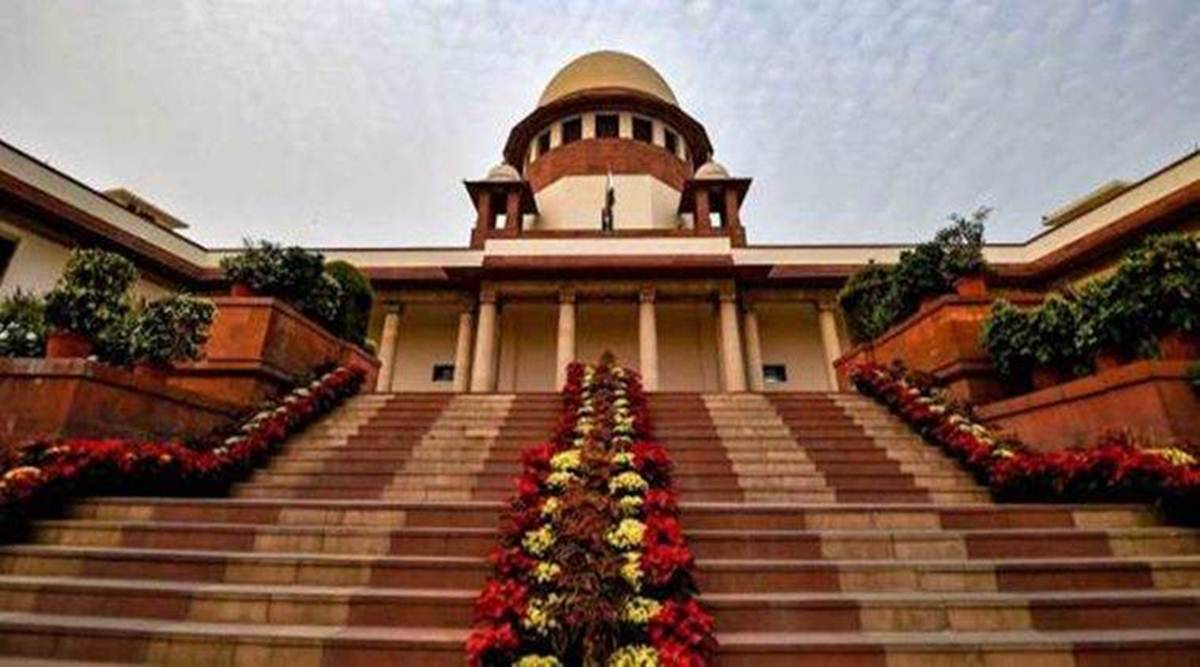Latest News
Case Analysis: Smt. Ujjam Bai v/s State of Uttar Pradesh

UJJJAM BAI V. STATE OF UP, is this leading case in which the Apex Court extensively discussed the scope of judicial review with respect to the power of the Courts, with respect to certiorari. If the Court feels that a Lower Court did not follow the correct procedure, decided the case based on wrongful facts, or wrongfully over-exercised power, the Superior Court can quash the decision of the Inferior Court. In this case, the Petitioner was carrying a business of manufacturing of bidis in a various number of States, he was a dealer registered under the UP Sales Tax Act, he filed a Petition under Article 32 of the Indian constitution as his Fundamental Right to carry out the business was violated by the State.
Facts:
On 14TH of November 1957, The Govt. of Uttar Pradesh issued a notification for exemption of 'sales tax' or 'sales tax assessment' by the Sales Tax Officer for sale of particular goods as mentioned in the notification. One of the goods given exemption was Bidi. However, the exemption provided was not absolute and hence exemption individuals had to pay Central Excise Duty leviable thereupon to claim the exemption. Subsequently, in the second Notification by the Govt. of UP, the government made another modification which was similar to the First notification but the same provided that exemption will be provided for the sales tax against the sale of Bidis but this time without any precondition to be done of the duty. Both machine-made and hand-made bidis were exempted from the same with effect from July 1st, 1958.
The Petitioner’s firm filed its returns for the quarter and put out their turnover and net turnover showing the sale proceeds of empty packages. The Sales Tax Officer sent a notice to the Petitioner's firm for assessment of Bidi between the period of April 1, 1958, to June 30, 1958. After which the Petition filed by the Petitioner contending that as he had a clear exemption granted under the first notification, he should not have been assessed by the Sales Tax Officer. However, the Sales Tax Officer observed and contended: "The exemption envisaged in this notification applied to dealers in respect of Bedis, provided that the additional Central Excise duties leviable thereon from the closing of business on December 13, 1957, have been paid on such goods. The assessee paid no such Excise duties. However, the same matter was dismissed by the High Court on the ground that there was no ground for the Court to invoke extraordinary jurisdiction under Article 226. Hence matter was taken to the Supreme Court under Article 32 of the Indian constitution.
Issues:
- Whether an order made by an authority under a taxing statute poses a challenge to Art. 19 (1) (g) of the Indian constitution,?
- Whether the validity of such an order is questioned in a petition under Art. 32 of the Constitution?
ARGUMENTS BY THE PARTIES:
Petitioner
The Counsel of the Petitioner contended that the whole of the assessment order is unconstitutional as it infringes the fundamental right to carry out his business under Article 19(1)(g) of the Indian Constitution. He also argued that the Sales Tax Officer has misconstrued the notification dated December 14, 1957, in holding that exemption of tax is limited to bidis on which additional excise duty had been levied, that as a result of such misconstruction tax has been collected which is unauthorized, and that constitutes an infringes the fundamental right to carry on business guaranteed by the constitution. The Petitioner also contended that his fundamental right is violated hence the case is justified to be adjudged by the Apex Court directly under Article 32 of the constitution.
Respondent
The Respondent noted that the first notification exempts the Petitioners from the sales tax or assessment by the officer only of the additional excise duty that has to be paid. The Learned Counsel further contended that taxation is protected under Article 265 of the Constitution and hence falls outside the scope of fundamental rights, hence the Writ Petition under Article 32 is not at all maintainable. The Respondent further brought to the notice of the Court that although there are restrictions imposed, an order of assessment made by a Tribunal acting judicially under a Statute it does not infringe Art. 19(1)(g), hence Petition by the Petitioner has no merit in it.
Judgment:
After hearing the arguments from both the parties the Court ruled that under article 32 it would quash an order of a quasi-judicial body affecting the fundamental right of the citizen if it acts under an ultra-vires law or has no jurisdiction to make such law, If the quasi-judicial fails to follow the principal of natural justice, or to observe the mandatory procedural provisions prescribed in the relevant Statute.
The Apex Court further noted that a mere error of law committed by a quasi-judicial body cannot be cured under article 32. Hence in the present case, an order of assessment made by an authority under a 'Taxing Statute' which is intra-vires shall not be open to challenge as repugnant to Art. 19 (1) (g) of the constitution, on the sole ground, that it is based on a misconstruction of a provision of the Act or of a notification issued by the body. As the Tribunal took a decision intra-vires to its jurisdiction and law there is no question of quashing the order of the same, hence the Petition under Article 32 is liable to be dismissed the Court opined.
Document:



































































































